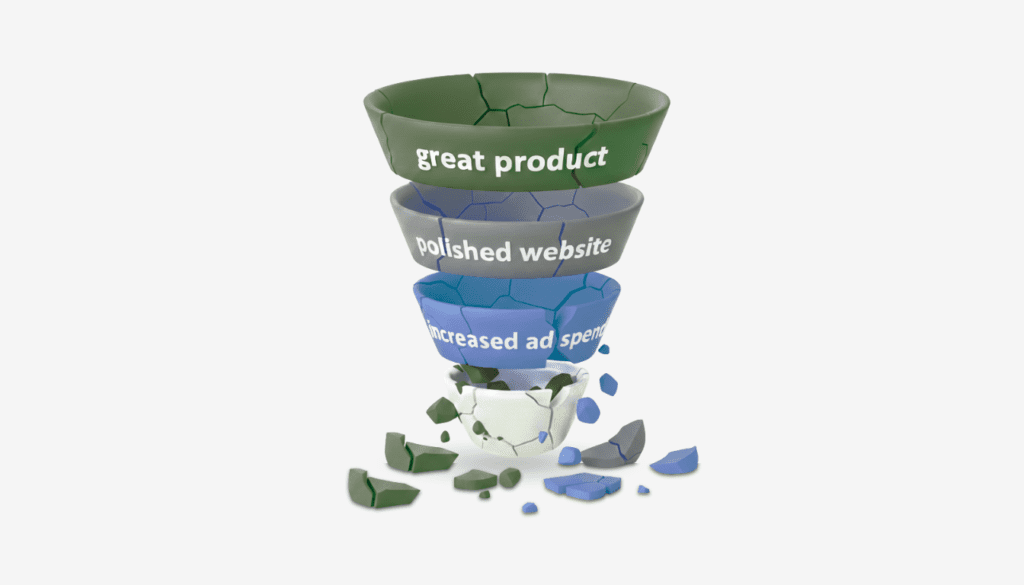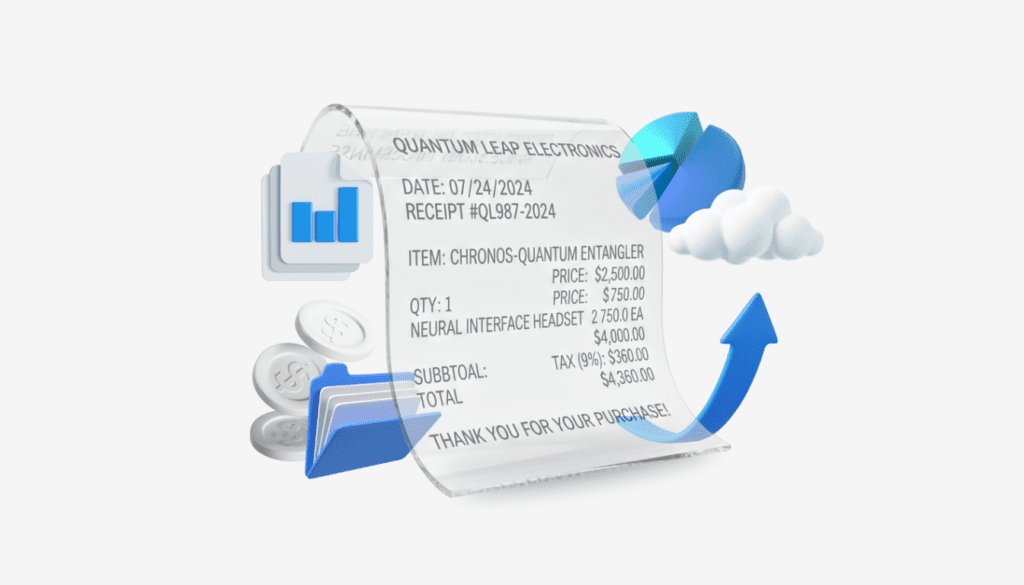Coca-Cola, a beverage giant synonymous with American culture, is poised to introduce a new iteration of its signature soda to the United States, this time featuring domestically sourced cane sugar as its sweetener. The decision follows public comments from the current President regarding discussions with the company about utilizing “real” cane sugar, adding a layer of political intrigue to what appears to be a straightforward product development.
Nevertheless, beyond the political echoes, this move reflects a growing segment of consumers who have long expressed a preference for cane sugar-sweetened sodas, often seeking out imported versions for this specific taste profile. By offering a locally produced cane sugar option, Coca-Cola taps into this existing demand, acknowledging the subtle yet significant taste distinctions that resonate with a portion of its customer base. The addition allows the brand to cater to diverse palates without altering the foundational recipe of its globally recognized “Classic” Coke.
Navigating Health Perceptions and Political Landscapes
The introduction of a cane sugar variant also occurs within a broader context of public health discussions and governmental initiatives aimed at encouraging healthier food formulations. Spearheaded by the Secretary of Health and Human Services, there has been a visible push for food companies to reconsider their ingredients. While nutrition experts largely agree that both high-fructose corn syrup and cane sugar have similar metabolic effects on the body, public perception often favors cane sugar as a more “natural” alternative. Consequently, Coca-Cola’s decision can be interpreted as a strategic move to align with evolving consumer perceptions of health and wellness, potentially enhancing its brand image among more health-conscious individuals. Furthermore, the emphasis on using U.S.-produced cane sugar carries economic undertones, potentially resonating with nationalist sentiments. The company, however, faces the delicate balancing act of responding to these pressures without alienating consumers who remain loyal to the original formula or appearing overtly political in its branding.
Innovation and Choice in a Saturated Market
According to Coca-Cola’s CEO, this new product is a manifestation of the company’s “ongoing innovation agenda,” designed to provide consumers with “differentiated experiences.” In a fiercely competitive beverage market, offering variety and catering to specific preferences is a key strategy for maintaining market share and attracting new customers. This “and” approach, where the cane sugar version complements rather than replaces the existing product, allows Coca-Cola to test market appetite for this alternative sweetener while safeguarding the legacy and broad appeal of its flagship product. The success of this new offering will hinge on clear and effective marketing that educates consumers about its availability and distinguishes it within the broader Coca-Cola portfolio. As the new cane sugar Coke prepares to debut on shelves this fall, the marketing world will be watching closely to see how this iconic brand navigates the complexities of consumer taste, health perceptions, and political influences.









